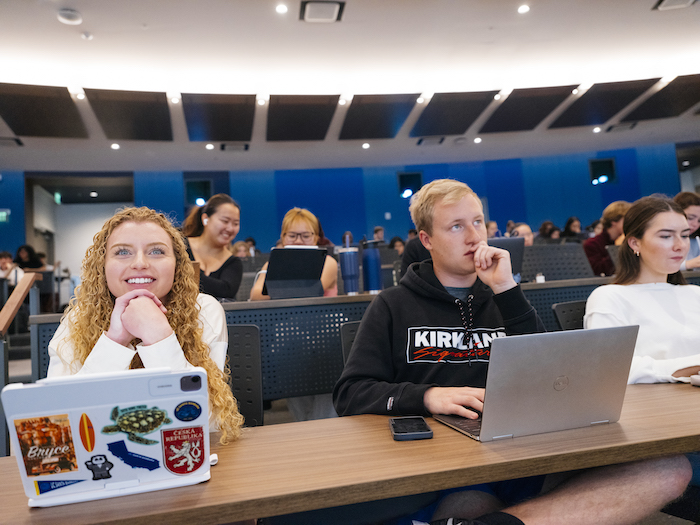Summer English Academy
Join our Summer English Academy for an impactful 6-week journey from August 4 to September 12, 2025! This program is open to 17-18-year-olds and first-year undergraduates who are serious about enhancing their English skills while immersing themselves in American culture. Classes will take place from Monday to Thursday, covering dynamic subjects such as American Culture, Academic Writing, and Pronunciation & Speaking. By participating in this program, you'll build the confidence and fluency necessary to excel in your academic and personal pursuits. Don’t miss this opportunity to transform your English skills!
Why Choose Summer English Academy?
The Summer English Academy offers a dynamic learning environment where students can excel personally and academically. With expert instructors, hands-on experiences, and a vibrant community, you'll improve your English skills, gain cultural insights, and create lasting memories. This summer, enhance your language abilities and set yourself up for success in your studies and beyond. Don’t miss out—applications close June 1, 2025! Join us for an enriching and transformative experience!


How to Apply
Application Details
• Application Deadline: June 1, 2025
• Tuition Fee: $2,750
Program Includes
• Student Services & Immigration Advising
• Student Health Insurance (no Dental or Vision)
• Access to UCSB Facilities (Library, Recreational Center, etc.)
• Student ID Card
• Free Public Transportation
• UCSB Email Account
• Free Campus Wi-fi Access
Application Requirements
• Copy of passport (first page)
• Passport-style photo
• Financial statement (tuition + estimated living expenses)
• Payment of the non-refundable application fee ($210)
Follow the instructions provided on our application portal. A non-refundable application fee of $210 must be submitted along with your application.